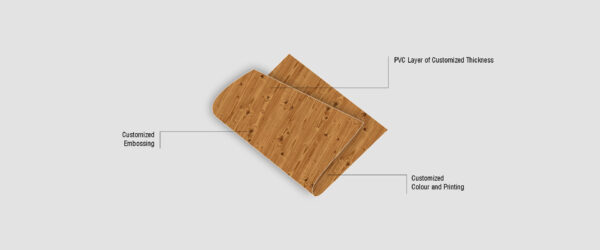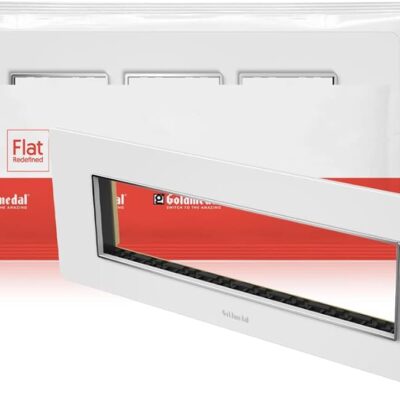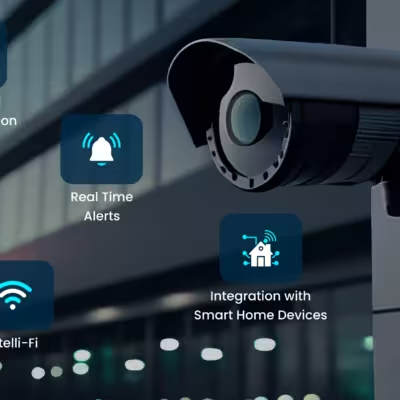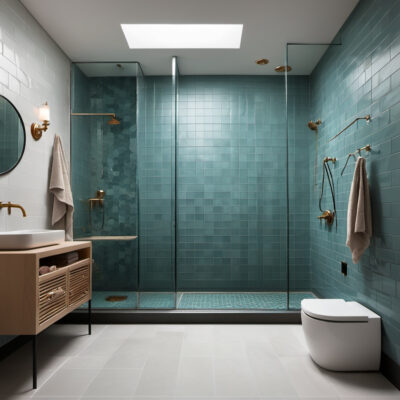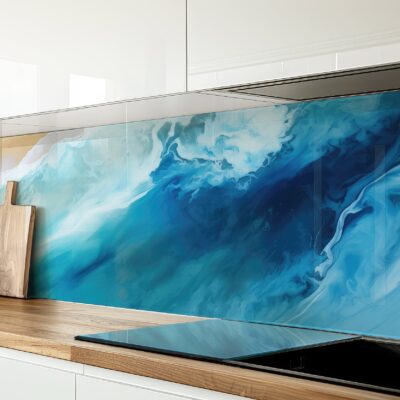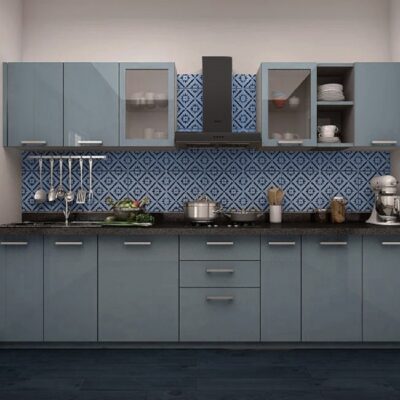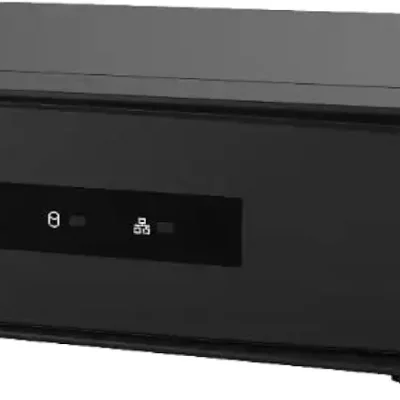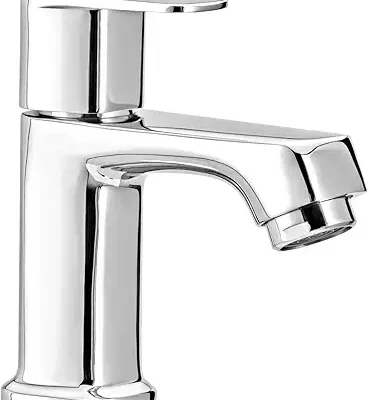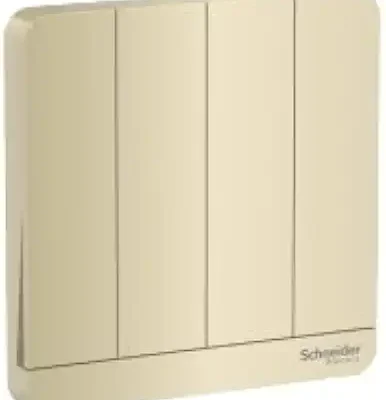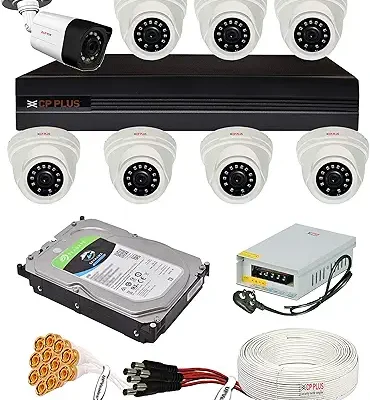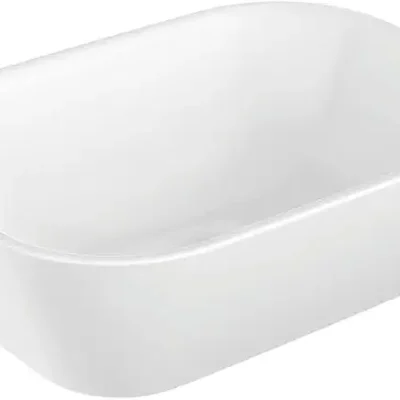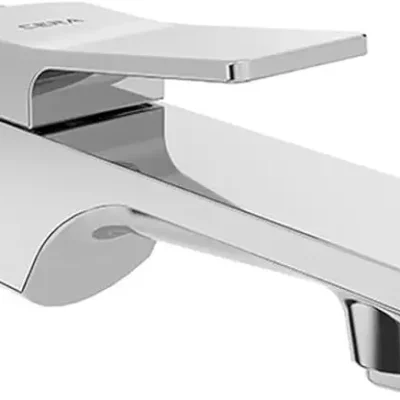What is Polyvinyl Chloride (PVC) Flooring?
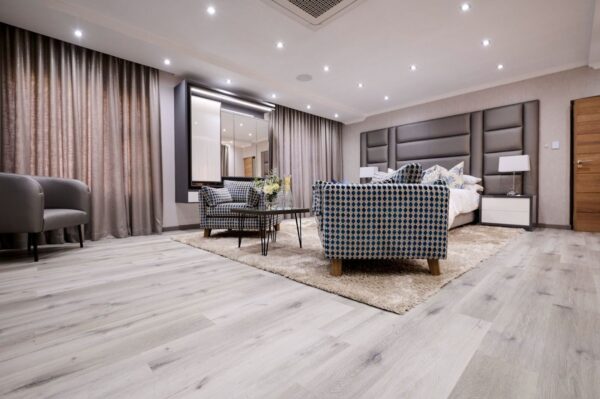
The flooring you choose can add a lifetime of comfort and joy to your aesthetic house ideas. To go budget-friendly, you need to invest in styles that not only amplify your space but also add to the durability.
PVC flooring, also known as vinyl flooring, is a synthetic flooring option made out of polyvinyl chloride. It gives your home the premium look and feel of wood, stone, or ceramic tiles while saving on the cost of the actual material.
Having easy installation and longer durability, PVC flooring comes in different formats like sheets, tiles, or planks. This is a great option for both residential and commercial flooring due to its customizable design and long-lasting stay.
Why Choose PVC Flooring?
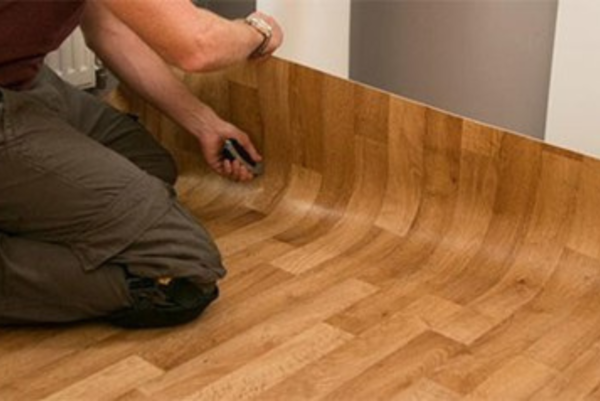
PVC flooring has a lot of advantages, but the flexibility, water resistance, and ease of maintenance stand out the most among those. From modern apartments to busy offices, it can do wonders for your space.
Affordability without Compromise
If you want a cost-saving option without compromising on the quality, look, and feel, PVC is a great option. It typically costs between ₹100-₹300 per square foot, depending on the quality and design.
For the quality part, unlike stone or ceramic tiles, PVC flooring feels softer to walk on, providing a more comfortable walking experience. Additionally, it has sound-absorbing properties that help reduce noise, making it a good choice for homes with children or buzzing offices with a lot of foot traffic.
Wide Range of Designs
Whether you’re looking for wood-look planks, a marble tile look, or different patterns, PVC flooring offers a wide selection of designs and patterns. It can help you achieve the high-end look you want, personalised, without the hefty price tag.
Water and Moisture Resistance
Water and moisture can do a lot of damage to flooring. To prevent this, PVC flooring has excellent water resistance qualities. For areas like kitchens, bathrooms, basements, and such, which are more prone to spills and moisture, PVC floors can add to the longevity and maintenance of flooring.
Durable and Long-Lasting
Floors are the foundation for everything that goes on in your home. Foot traffic, furniture, pets, and the normal wear and tear of everyday life are hard to withstand. PVC flooring proves to be durable in situations like this. With a little maintenance, it can last up to 15-20 years, making it a very reliable investment.
PVC flooring is relatively simple to install, with options like peel-and-stick tiles or click-and-lock planks that don’t require professional expertise. If you’re a fan of DIY, you can give this a try yourself! This can significantly reduce installation costs too.
Disadvantages of PVC Flooring
Let’s look at some of the drawbacks of PVC flooring.
Not Biodegradable
For environmentally conscious people, PVC flooring is not a great option since its synthetic material does not decompose naturally over time. If not disposed of properly, PVC material contribute to environmental pollution over time.
Susceptible to Dents and Scratches
Although durable, PVC flooring can be prone to dents from heavy furniture or sharp objects. High heels, pet claws, and dragging furniture can cause visible damage over time.
Limited Heat Resistance
PVC flooring isn’t the best choice for areas exposed to direct sunlight or extreme heat. Discolouration of the top layer and warping of material are common if exposed to heat over a long period of time. It’s certainly not suitable for outdoor use.
Health Concerns
Traditional PVC flooring can emit volatile organic compounds (VOCs) during the initial installation stage, which can have a poor impact on indoor air quality. Opting for low-VOC or eco-friendly variants can relieve this issue
Repair Limitations
Managing slight dents or scratches is manageable, but for severe damage, PVC flooring needs to be completely replaced, especially if they are installed as sheets.
This can be inconvenient and can disrupt the continuity of the design.
When Should Homeowners Consider PVC Flooring?
PVC flooring is a great choice if:
- You want a budget-friendly option without compromising on the stylish, modern look.
- You want flooring done for high-moisture areas like the kitchen, bathroom, and basement.
- You need a low-maintenance solution that lasts with simple cleaning and fixes.
- Comfort and insulation are priorities in your living space.
How to Maintain PVC Flooring?
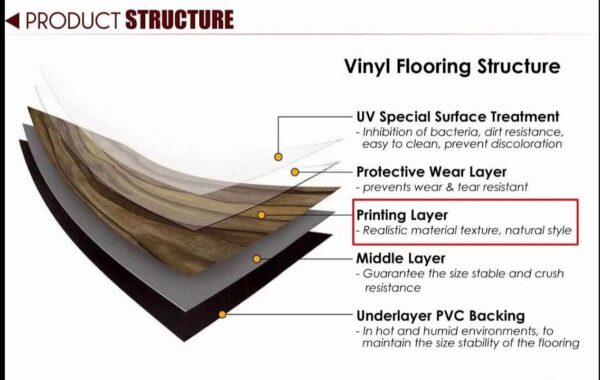
A few basic practices will allow you to easily maintain your PVC flooring!
First, lay protective pads under the legs of your furniture for added safety. This will help you prevent dents, cracks, or scratches. A broom or a vacuum is enough for giving your floor a clean look.
Avoid using abrasive cleaners and rough scrubbing equipment; they might hamper the finish and shine of the floor. Use curtains or blinds to avoid direct UV rays over your floor. PVC floors do not handle sunrays well.
With these simple tips, your flooring will look great for years to come.
Conclusion
Striking the perfect balance between form and function, PVC flooring serves as the remedy for renovation.For homeowners who are looking to balance affordability, durability, and aesthetic appeal, this should be their go-to choice.
While it has some limitations, like scratches or fading, ongoing advancements like low-VOC and eco-friendly options are becoming highly popular.

